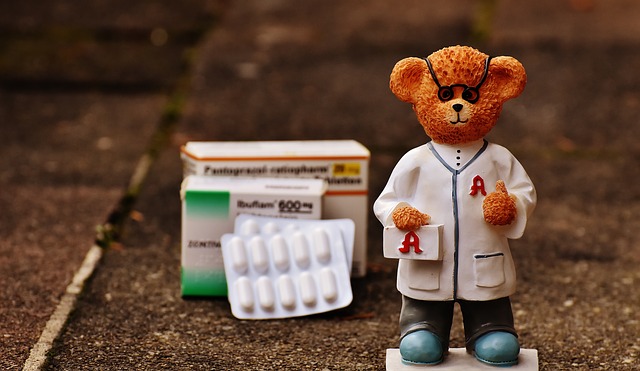ROLE OF PHARMACIST IN DRUG THERAPY
Nowadays,a large portion of the drugs originating from pharmaceutical companies are in institutionalized doses. A drug specialist or pharmacist has an imperative part in Indian or world health care system. A pharmacist is a bridge between a doctor and patients. A pharmacist can counsel and advice the patient to maximize the desired and minimize the adverse effects of the drugs. The basic duty of a pharmacist is to check prescription from physicians before dispensing the medication to the patients to ensure that the patient doesn’t receive the wrong drugs (or) take an incorrect dose of medicine.
Dispensing the wrong drugs (or) giving incorrect usage instructions can have serious consequences for patients including death. Pharmacists also offer guidance on the side effects and medication which can have and warn against actions that could be dangerous while the patients are using the medicine such as consuming alcohol (or) operating heavy machinery
Much of their work is related to patient safety, so, a pharmacist makes sure that the patients prescribed a medication that he might be allergic to(or) that can either interact with food (or) any other medicines which are already in use by the patients and treatment received from multiple doctors for different complaints, which can make them unhealthy if combined with the drugs

Pharmacists can provide a check against this possibility. A pharmacist may offer a consultation service for the management, such as Diabetes, Hypertension, Arthritis, and general advice on diet, exercise and managing stress. A pharmacist may also educate other healthcare professionals such as physicians (or) nurses about pharmacology related issues (or) medication management and contribute most in the campaign to stop the inappropriate use of Antibiotic, Habit forming, and Aphrodisiac drugs.
“The Hon’ble courts have also underlined the importance of upholding in a number of cases. Services of a pharmacist are not only necessary to ensure the supply of medicines in proper but also to check the unauthorized sale of medicines for the purpose other than treatment. It is well known to everybody that a large number of medicines are now being used for purpose of intoxication.”
Pharmacists play a crucial role in drug therapy as they are experts in medications and their effects on the human body. Here are some of the ways pharmacists contribute to drug therapy:
- Dispensing medications: Pharmacists ensure that patients receive the correct medications in the correct dosage form, strength, and quantity.
- Checking for drug interactions: Pharmacists review the patient’s medication regimen to ensure that there are no potential drug interactions that could cause harm.
- Educating patients: Pharmacists provide patients with information about their medications, including how to take them, potential side effects, and interactions with food or other drugs.
- Monitoring for adverse effects: Pharmacists monitor patients for adverse drug reactions and work with healthcare providers to make any necessary changes to the medication regimen.
- Collaborating with healthcare providers: Pharmacists work closely with healthcare providers to develop treatment plans that are safe and effective for patients.
- Managing chronic conditions: Pharmacists help manage chronic conditions by monitoring patients’ medication regimens and making adjustments as needed to ensure that patients are getting the most benefit from their medications.
Overall, pharmacists play a critical role in drug therapy by ensuring that patients receive safe and effective medications and that their medication regimens are closely monitored and optimized over time.





